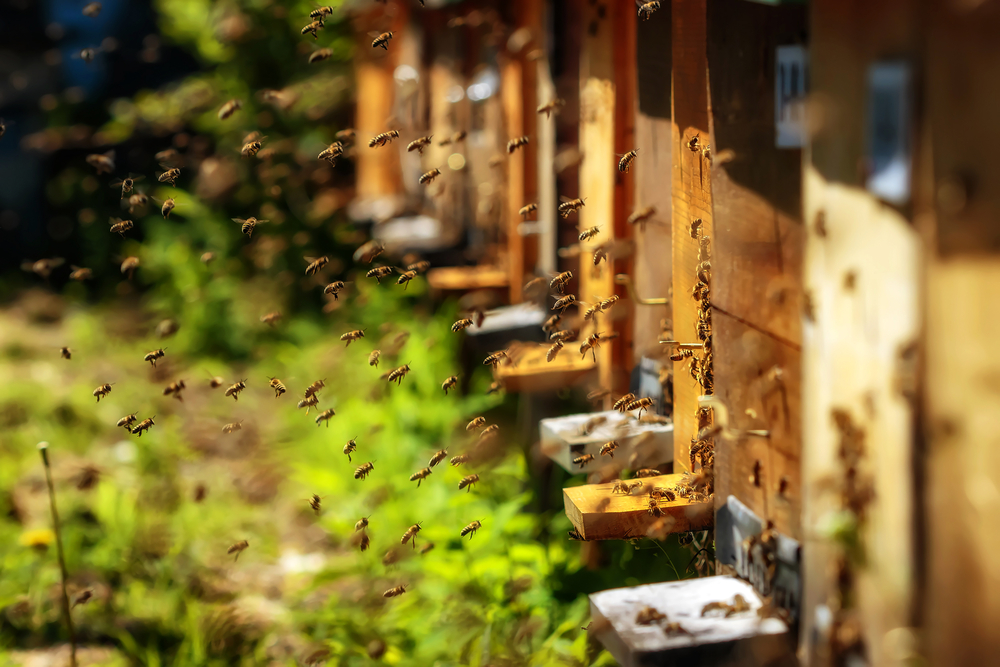Second Lady Karen Pence Promotes Honeybees
June 19, 2017
Bee Colony Collapse, Honey Bees
On Tuesday June 6, the White House released a statement regarding a new initiative started by Secretary of Agriculture Sonny Perdue and Second Lady Karen Pence. The pair unveiled a recently-installed bee colony on the vice president’s residential property, inspiring awareness of the struggle pollinators currently face, given their numbers decline further in each state each year. According to reports, the second lady and the agriculture secretary pleaded to their fellow citizens to contribute in some way to the cause to alleviate the negative trend among pollinators, which are crucial to food production in this nation and around the world.
“All types of pollinators…are critical to providing our nation’s food, fiber, fuel, and medicine,” Pence said. “However, our beekeepers have been losing colonies for many years. This presents a serious challenge to our ability to produce many of the agricultural products we enjoy today. The bees at the vice president’s residence will provide an added bonus to the vegetable and flower gardens by making them well pollinated and taste even better at harvest.” Mrs. Pence also established a bee colony in 2014 at the governor’s residence in Indiana, given how dependent Indiana’s crops—consisting of 80 percent of the state’s land—are on pollinators.
National Pollinator Week
As well, Perdue signed a proclamation, which declared this week, June 19-25, “National Pollinator Week.” Perdue also stated the USDA as well as the EPA led the effort to produce a national health strategy for pollinators. Both agencies are said to be working with various other departments to get the strategy in place, which would include noteworthy USDA research. “Our honey bee population has been losing ground at an alarming rate,” Perdue said. “The problem represents a diverse mix of challenges requiring a wide range of solutions.”
Why Honeybees Need Help
As key pollinators, honeybees add about $15 billion in value annually to roughly 90 crops through compounding yields and ensuring higher-quality harvests for fruits, vegetables, berries, nuts, and other important crops. They are also said to have declined in numbers to 2.5 million since the 1940s, when the bees ran about six million strong, thanks in no small part to colony collapse disorder, pests and parasites, bee transportation, pesticides, and malnutrition.
Secretary Perdue and Second Lady Pence also pointed to an absence of sustainable habitats near hives as a factor in bee decline. While individuals do not need to start their own colonies—especially since it requires much dedication, discipline, and time—they can always plant bee-friendly flowering herbs and flowers in their gardens and yards. From lilacs, poppies, and wildflowers to vegetables and herbs like sage, mint, squash, oregano, rosemary, and tomatoes, any added support for honeybees and other pollinators can go a long way toward making a difference.


.jpg)




